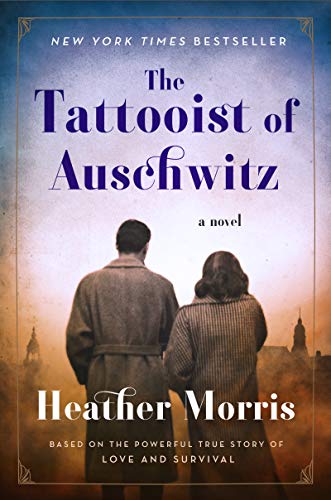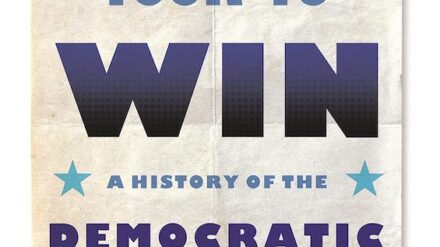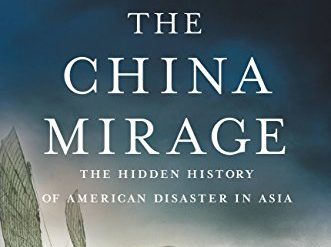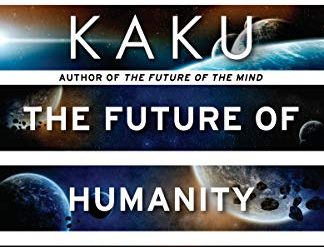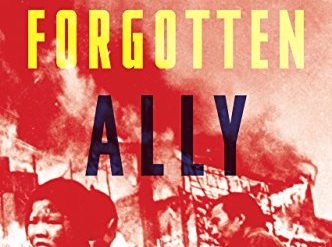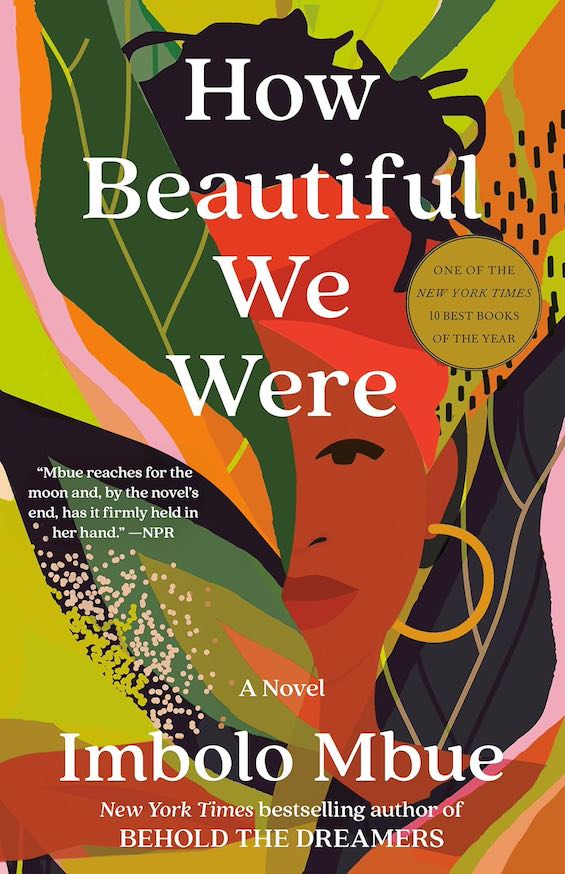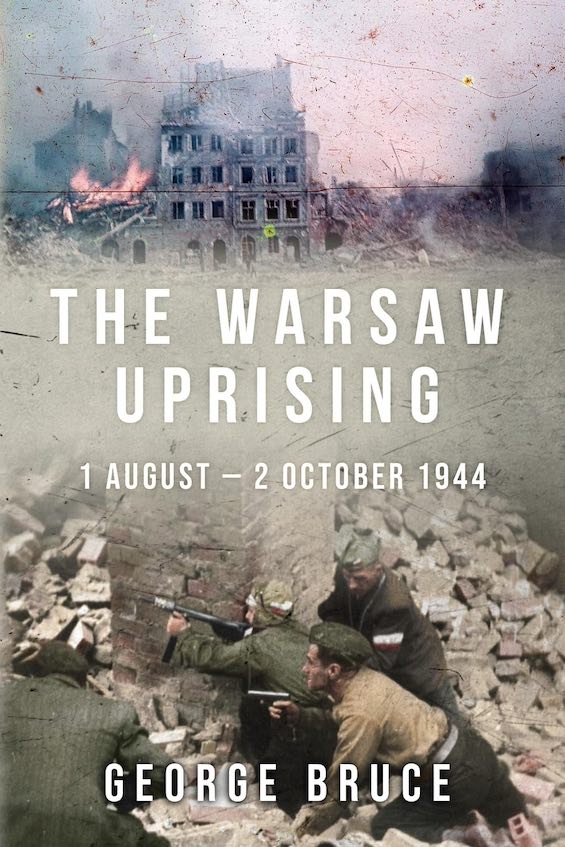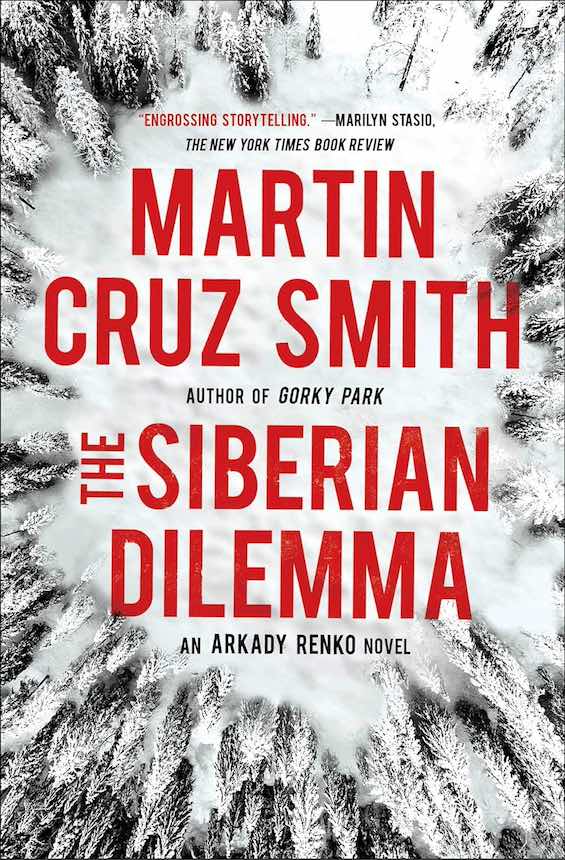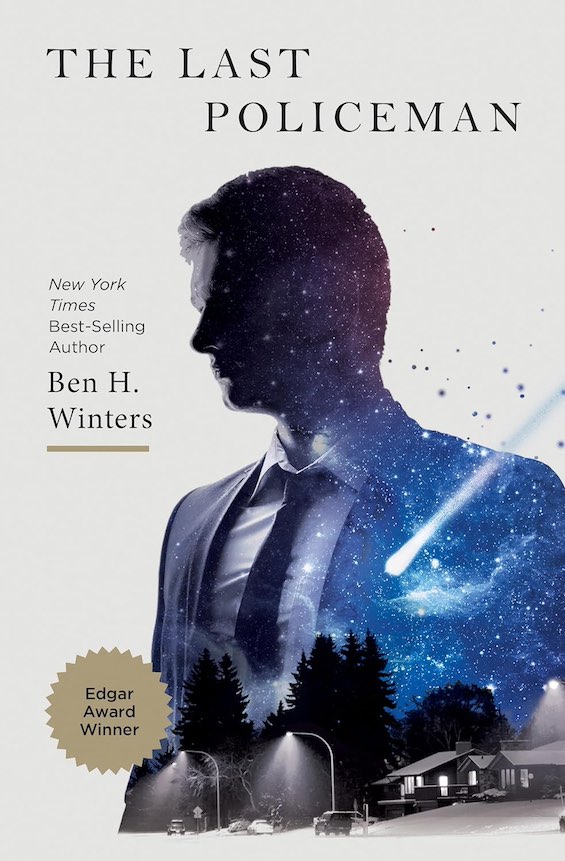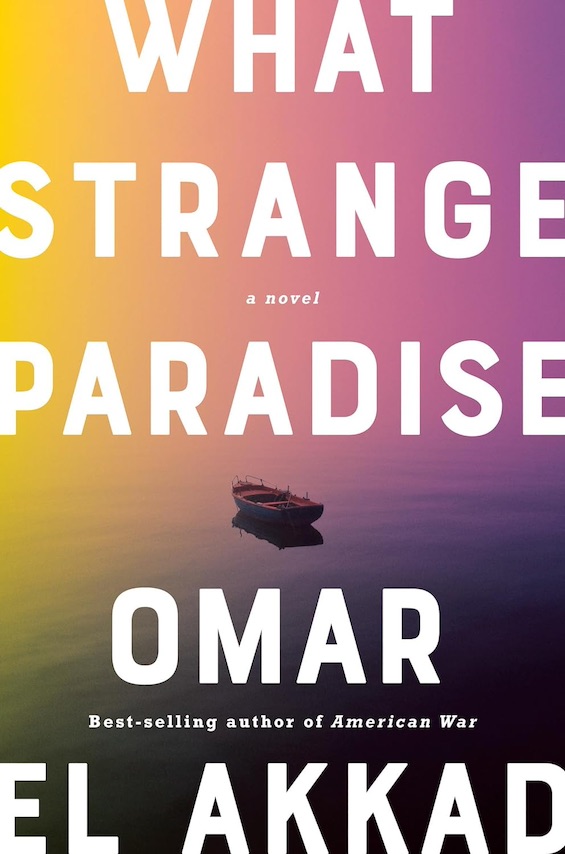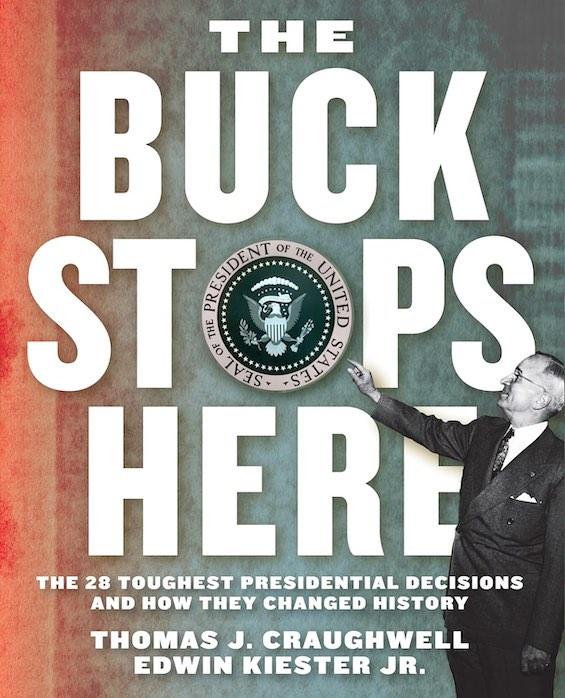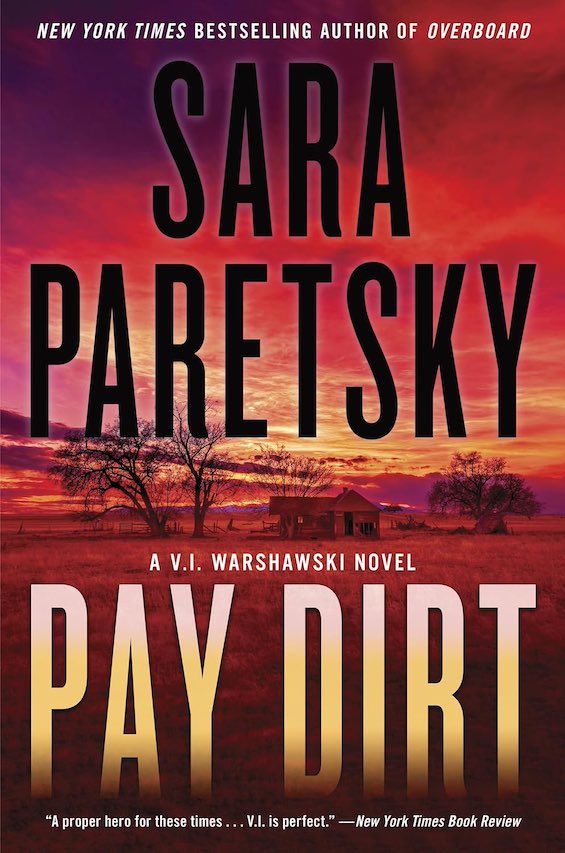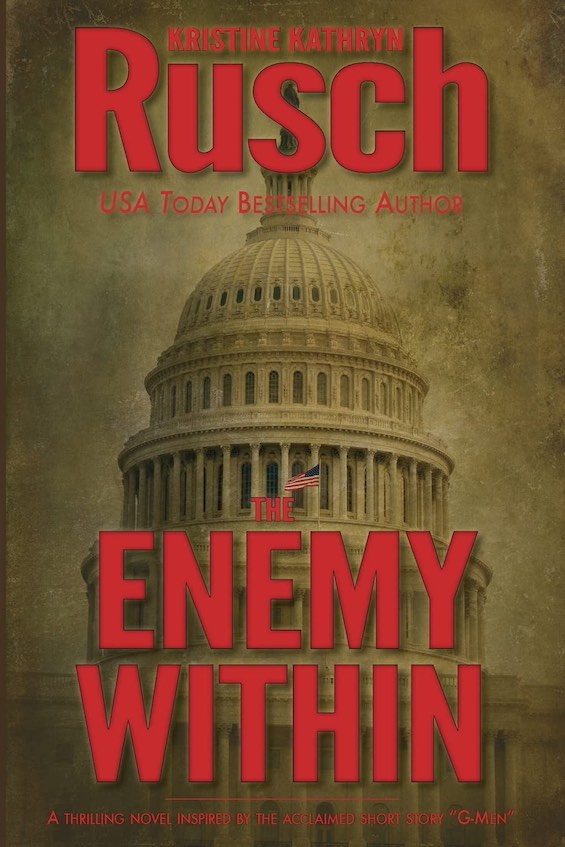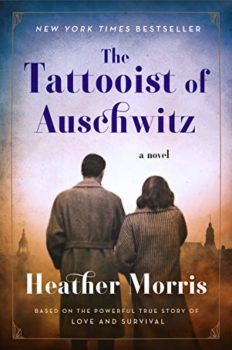
Here are more than two dozen good books about the Holocaust plus four others that help explain how the Holocaust came about and proceeded without meaningful opposition for so long. They include both fiction and nonfiction. Within each of the two categories below I’ve listed the books in alphabetical order by the authors’ last names.
This post was updated on April 18, 2024.
Good books about the Holocaust
Anatomy of a Genocide: The Life and Death of a Town Called Buczacz by Omer Bartov—The Holocaust under the microscope of history
By tracing the history of antisemitism in a single Polish-Ukrainian town from the sixteenth century to the present, and detailing day by day how the Holocaust unfolded there, he brings to light the many nuances lost in historical portraits painted with a broader brush. Read the review.
The Paris Architect by Charles Belfoure—A reluctant hero in World War II
Charles Belfoure’s 2013 novel, The Paris Architect, is the story of a reluctant hero in WWII. The publisher’s own promotional copy for the novel calls him “unlikely and unlikable,” and so he is. Lucien Bernard is a French modernist architect who is manipulated into risking his life in a clever scheme to fool the Gestapo. Read the review.
The Postcard by Anne Berest—One family’s story, from the pogroms to the ovens of Auschwitz
A French author and actress traces the history of her family through four generations, from their flight from the pogroms of Russia to the terrors and sudden death in the Holocaust. Read the review.
The School that Escaped the Nazis: The True Story of the Schoolteacher Who Defied Hitler by Deborah Cadbury—The Holocaust viewed through the eyes of children
Amazon lists 4,000 books about the Holocaust. Half are nonfiction, such as Elie Wiesel’s Night and Man’s Search for Meaning by Viktor E. Frankl. The rest include such bestselling novels as The Book Thief and The Tattooist of Auschwitz. Of course, some of the innumerable memoirs and novels relate the story of the Holocaust through the eyes of children. But I’ve never come across a book that more poignantly tells the tale from their perspective than Deborah Cadbury’s The School That Escaped the Nazis. Read the review.
The German Girl by Armando Lucas Correa—A deeply affecting novel of the Holocaust
In this moving tale of the Holocaust loosely based on historical fact, the “German girl” is Hannah Rosenthal, the blonde, blue-eyed, 11-year-old daughter of a wealthy and prominent Jewish family in Berlin who is “more German” than her non-Jewish neighbors. Read the review.
The Daughter’s Tale by Armando Lucas Correa—A heart-rending Holocaust story
Solidly based on historical events, this illuminating tale follows the fortunes of a German-Jewish family throughout World War II and beyond. Read the review.
Nazi Billionaires: The Dark History of Germany’s Wealthiest Dynasties by David de Jong—The Nazi war profiteers who exploited slave labor
They weren’t the most famous of the Nazi war profiteers like the Krupps, but they all built multi-billion-dollar fortunes on the backs of slave laborers and the Jewish families who owned the businesses they seized under the Nazis. Read the review.
The Unwanted: America, Auschwitz, and a Village Caught in Between by Michael Dobbs—Did FDR betray the Jews of Europe?
A persuasive argument that President Franklin Roosevelt did all he could to help save German Jewish refugees—that in fact the US admitted more of them than any other country with the sole exception of the territory of Palestine. Read the review.
The Oppermanns by Lion Feuchtwanger—A German anti-Nazi novel published in 1933
One of Germany’s most popular novelists, a German Jew, published this novel contemporaneously from exile after the Nazis burned his books. It’s the story of three upper-middle-class German Jews as they witness the historic events of a ten-month period in 1932 and 1933, as Hitler rose to power and began asserting dictatorial control.
The List by Martin Fletcher—A suspenseful tale of Holocaust survivors in post-war London
This story of one young refugee Jewish family in London in 1945 brings home the chilling reality of the Holocaust more powerfully than any recitation of the numbers of Hitler’s victims could ever possibly do. Read the review.
Man’s Search for Meaning by Viktor E. Frankl—From the ashes of the Holocaust, a gift of lessons for living
In the course of more than three years in a succession of four Nazi concentration camps, including Auschwitz, a young Viennese psychiatrist reaches the conclusion that “Life is not primarily a quest for pleasure, as Freud believed, or a quest for power, as Alfred Adler taught, but a quest for meaning.” Read the review.
We Must Not Think of Ourselves by Lauren Grodstein—The drama before the Warsaw ghetto uprising
Grodstein dramatizes the story of the Oneg Shabbat Archive, in which Jews imprisoned in the Warsaw Ghetto recorded their own stories and those of their families, friends, and neighbors as the Nazis’ noose steadily tightened about their necks. Read the review.
The Last Jews in Berlin by Leonard Gross—These Jews survived the Holocaust . . . in Berlin
When we consider the fate of the Jews in Europe during the Nazi years, our thoughts tend to drift toward stereotypical images. The gas chambers at Auschwitz and other death camps. And doomed Anne Frank cooped up in hiding for two years until she was betrayed. Both images are accurate, as they reflect the experience of millions of European Jews. But there were exceptions, and their experiences tell us a great deal about life in Nazi-dominated Europe. Author Leonard Gross does an excellent job conveying the alternate reality they represented in The Last Jews in Berlin. Yes, it’s true. Jews survived the Holocaust in Berlin. Read the review.
The Secrets of the Notebook: A Woman’s Quest to Uncover Her Royal Family Secret by Eve Haas—One woman’s obsessive quest to learn how her grandmother died in the Holocaust
Eve Jaretzki was 16 years old when she learned she was the great-great-granddaughter of Prince August of Prussia, the fabulously wealthy Warrior Prince who had defeated Napoleon. It was 1940. Six years earlier, her parents had fled from Nazi Germany and relocated the family to Hampstead, near London. They were Jewish. So, how could Eve and her father be direct descendants of Prussian royalty, a family notorious for its anti-Semitism? Read the review.
The Last Kings of Shanghai: The Rival Jewish Dynasties That Helped Create Modern China by Jonathan Kaufman—The foreign businessmen who helped build modern China
Ever since the close of World War II eight decades ago, stories have been surfacing about heroic men and women who saved Jews from certain death in the Holocaust at great risk to their own lives. Names such as Oskar Schindler, who saved 1,200, and Raoul Wallenberg, who saved several thousand, routinely crop up in the pages of history. In fact, Yad Vashem, Israel’s Holocaust museum, recognizes more than 26,000 “individuals and groups from 44 countries” as Righteous Among the Nations for similar acts. In Shanghai, two businessmen who helped build modern China deserve equal mention. Read the review.
Odessa: Genius and Death in a City of Dreams by Charles King—The roots of antisemitism lay deep in the Russian Empire
The great southern Ukrainian port of Odessa was the site of the Russian Empire’s first and greatest pogroms in its history. But it was Romanians, not Germans or Russians, who eradicated the city’s Jewish population during the Holocaust . . . Read the review.
Beyond the Shadow of Night by Ray Kingfisher—Best friends become enemies in World War II
Two boys, born in a Ukrainian farming village on the same day in 1923, share the experience of Stalin’s Great Famine and World War II. But circumstances force them onto different paths in the war. . . Read the review.
The Glass Room by Simon Mawer—A brilliant novel explores life in Nazi Europe
This haunting historical novel is centered around the experiences of the Czech-Jewish Landauer family, their servants, and friends from 1938, when the Nazis seized power in Prague, through the end of World War II in 1945. Read the review.
The Tattooist of Auschwitz by Heather Morris—Holocaust memories: A deeply moving love story set at Auschwitz
A fictional treatment of the true story of a young Slovak Jew who survived three years in Auschwitz and saved a number of lives of his fellow prisoners, including the woman he later married. Read the review.
From Kraków to Berkeley: Coming Out of Hiding by Anna Rabkin—“Survival is sweet revenge:” The odyssey of a Holocaust survivor
A daughter of a Polish-Jewish family born in 1935 reflects on her life as a child hiding out from the Nazis and the seven decades that followed in an eventful life spanning three continents. Read the review.
The Last Jew of Treblinka by Chil Rajchman—A moving death camp survivor’s memoir
Here’s an extraordinary inside account of the notorious Treblinka death camp at its peak in 1942-43, written by a young man who was one of the hundreds who revolted and fled. (The camp was shut down as a result.) Read the review.
The Girl from Krakow by Alex Rosenberg—World War II from a Polish perspective
A novelist examines the impact of the Second World War from the perspective of a young woman and a young man, both of them Jews born in Poland in the aftermath of World War I. The story spans the last years of the 1930s until the early postwar years as the Russians and their Western Allies divided up the spoils of the Continent. Read the review.
Survivor Café: The Legacy of Trauma and the Labyrinth of Memory by Elizabeth Rosner—The Holocaust, mass trauma, inherited PTSD, and genetics
A novelist and poet set out to understand the impact of her parents’ experiences in World War II on her own life and found herself exploring the controversial phenomenon of epigenetics, “the study of environmentally induced changes passed down from one generation to the next.” Read the review.
The Book of Aron by Jim Shepherd—A brilliant novel of the Warsaw Ghetto
In 1942, in the months leading up to the doomed Warsaw Ghetto uprising, the thirteen-year-old son of a poor Jewish couple from a Polish shtetl is forced to take extreme measures to survive as the Nazis progressively shrink the borders of the Ghetto and starve its residents. Read the review.
Mila 18 by Leon Uris—A classic novel of the Warsaw Ghetto Uprising
Published in 1961, when memories of World War II were still vivid, this novel by one of America’s most popular authors, dramatized the experience of Jews forced into the Warsaw Ghetto and their heroic resistance to the last. Read the review.
I Escaped from Auschwitz by Rudolf Vrba and Alan Bestic—The most important Holocaust memoir
The 1944 eyewitness report on which this memoir was based reached the desks of FDR and Winston Churchill and led to sensational stories in the New York Times and the BBC. And it saved the lives of 200,000 Hungarian Jews. Read the review.
In the Name of Humanity: The Secret Deal to End the Holocaust by Max Wallace—How the Holocaust ended
A Holocaust scholar examines the complex circumstances that led Heinrich Himmler to blow up the crematoria at Auschwitz and stop the killing in all the death camps in November 1944.
1944: FDR and the Year That Changed History by Jay Winik—The sad story of FDR’s complicity with the Holocaust
A historian reveals how “the State Department was now using the machinery of government to prevent, rather than facilitate, the rescue of the Jews” from the Holocaust. Read the review.
War and Remembrance (World War II #2 of 2) by Herman Wouk—Two World War II novels brilliantly convey the scope of the conflict
In the second of his two monumental novels about World War II, Wouk devotes large sections to the experiences of the Jastrow family as they encounter the Holocaust. The leading characters are two Americans, Natalie and her famous uncle Aaron Jastrow, and Aaron’s Polish Jewish cousin Berel Jastrow. The Americans live through the Holocaust on the Western Front, Berel in the East.
The Book Thief by Marcus Zusak—War and the Holocaust are the backdrop for this novel
The Book Thief, marketed as a YA novel, follows the life of a young German girl, Liesel Meminger, from 1938 to 1943. Orphaned when the Nazis swept her Communist parents off to a concentration camp, she grows up in a foster family in a small town near Munich—and a few miles from Dachau, the first Nazi concentration camp. We learn about the war and the Holocaust only by indirection through Liesel’s eyes, and through the experience of a young Jewish man who has come to hide in the basement of her foster parents’ home.
Good books that help explain how the Holocaust happened
An Officer and a Spy by Robert Harris—The Dreyfus Affair, reenacted in a suspenseful spy novel
Robert Harris’ gripping fictional treatment of the Dreyfus Affair helps illustrate just how deeply antisemitism was entrenched in Europe long before Adolf Hitler came to power. This tragic episode spanned more than a dozen years around the turn of the 20th Century, and it took place in France, not Germany. In fact, antisemitism was widespread throughout the Continent and had flared up in violent ways for well over a thousand years before World War II. Read the review.
The Accomplice by Joseph Kanon—Hunting Nazis in Argentina
On May 11, 1960, the Mossad captured SS–Obersturmbannführer Adolf Eichmann in Argentina. Eichmann had been one of the principal planners behind the Nazis’s “Final Solution.” Later, in Israel, he was found guilty of war crimes in a widely publicized trial and executed by hanging in 1962. Meanwhile, other notorious Nazi war criminals, including Josef Mengele and Klaus Barbie, were the subjects of intensive searches elsewhere in South America. And thriller author Joseph Kanon writes about a similar effort, hunting for Nazis in Argentina, in a brilliant new novel, The Accomplice. Read the review.
In the Garden of Beasts: Love, Terror, and an American Family in Hitler’s Berlin by Erik Larson—Why the U.S. failed to speak out against the rise of Hitler’s Germany
Few Americans grasp the extent to which our countrymen collaborated with the Nazi regime in the 1930s—and not just Charles Lindbergh, Father Coughlin, and the America First movement they championed. Erik Larson’s bestselling book relates how the US Ambassador to Berlin in the 1930s was thwarted and ultimately recalled because of his efforts to speak out against Hitler’s increasingly violent suppression of German Jews. Many of his superiors in the US State Department were virulent antisemites, and FDR failed to rein them in. Read the review.
Pogrom: Kishinev and the Tilt of History by Steven J. Zipperstein—In a prelude to the Holocaust, the Kishinev pogrom shocked the world
Before the Holocaust, Jews died by the thousands in the pogroms in the Russian Empire in the 19th and early 20th Centuries. Although it was a small-scale event by comparison with other massacres that took place both before and afterwards, the Kishinev Pogrom of 1903 was by far the best known because it received a great deal of press attention. For decades leading up to the Holocaust, and for decades afterward in Israel, Kishinev remained a symbol of the pervasiveness of antisemitism in Europe. Read the review.
For related reading
You might also check out The War Girls by V. S. Alexander (Life in wartime Warsaw before the Ghetto Uprising), although the novel doesn’t rate a place in the list above of “good books.” The same can be said true of Beyond the Wire by James D. Shipman (Jews stage an uprising at Auschwitz).
See also 10 true-life accounts of anti-Nazi resistance.
You might also be interested in:
- Worthy books about Jewish topics
- 10 top nonfiction books about World War II
- 20 top nonfiction books about history
- Top 20 popular books for understanding American history
And you can always find all the latest reviews, as well as my most popular posts, on the Home Page.

